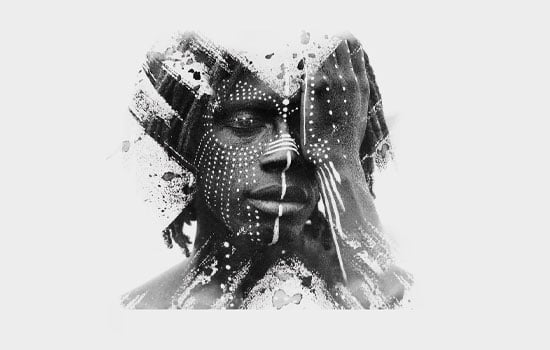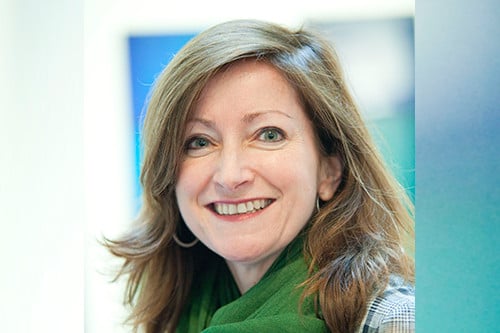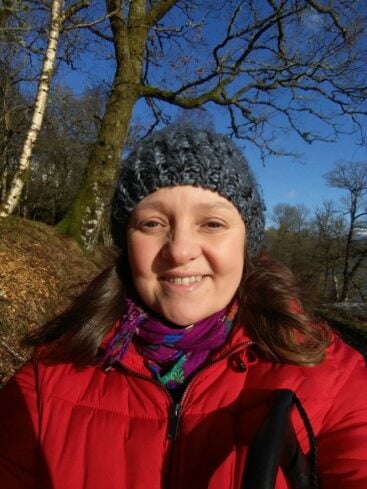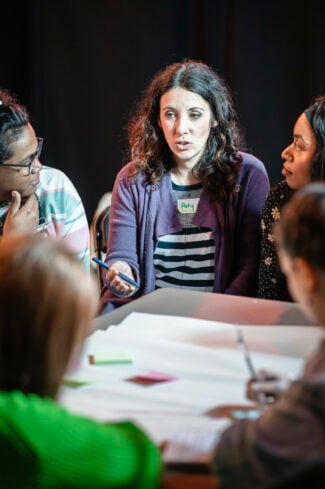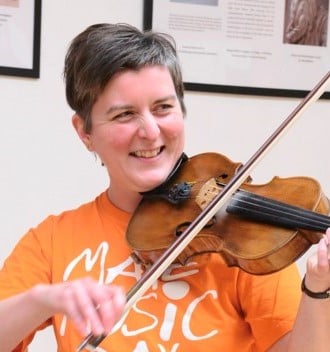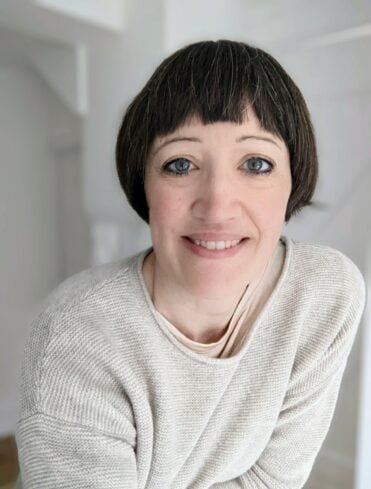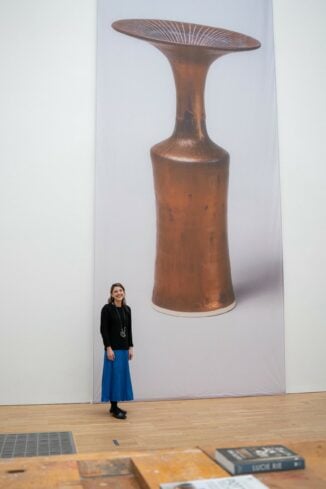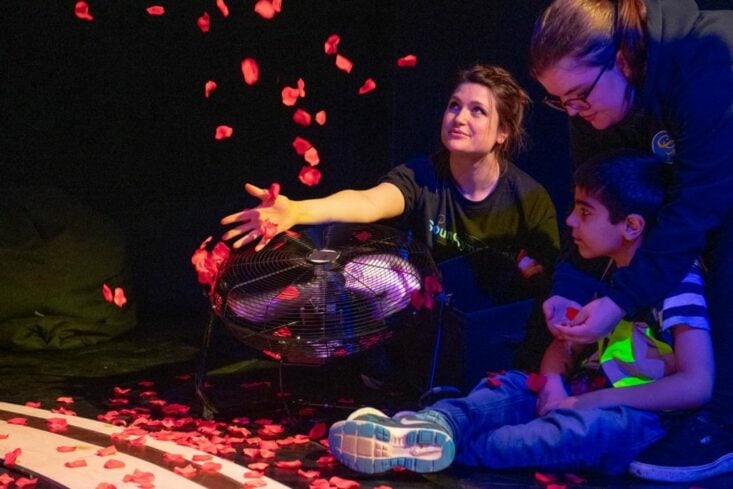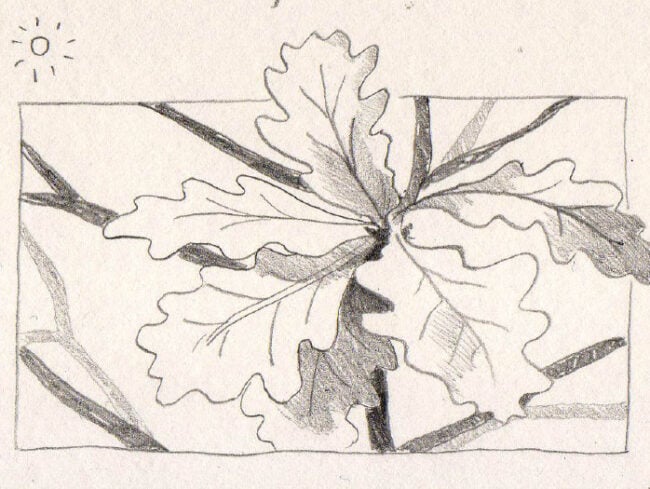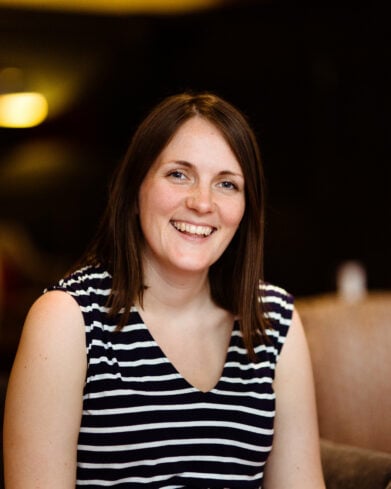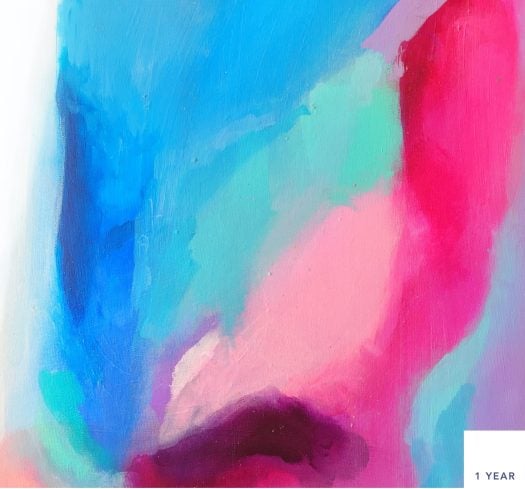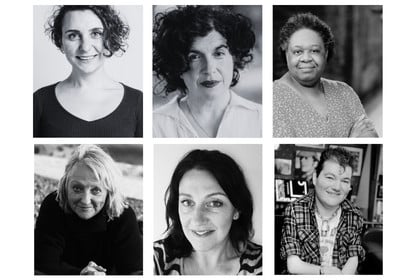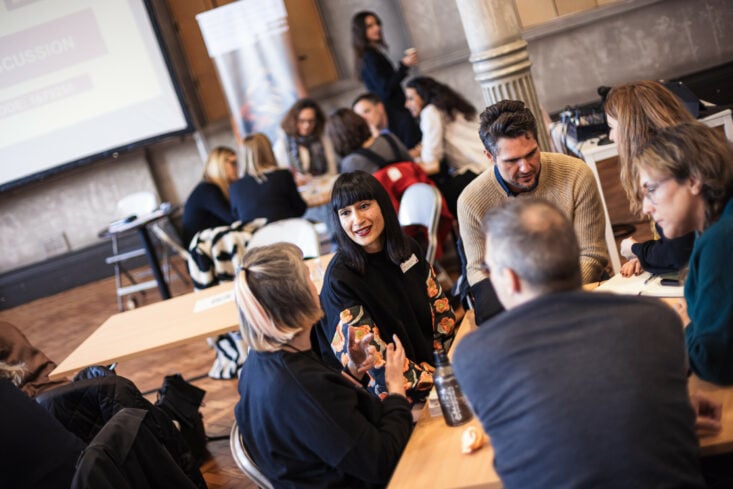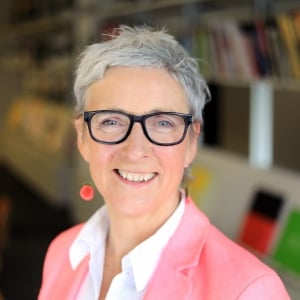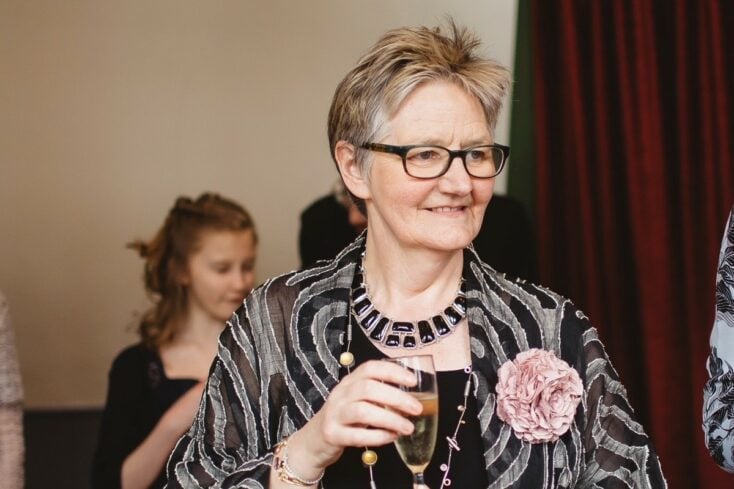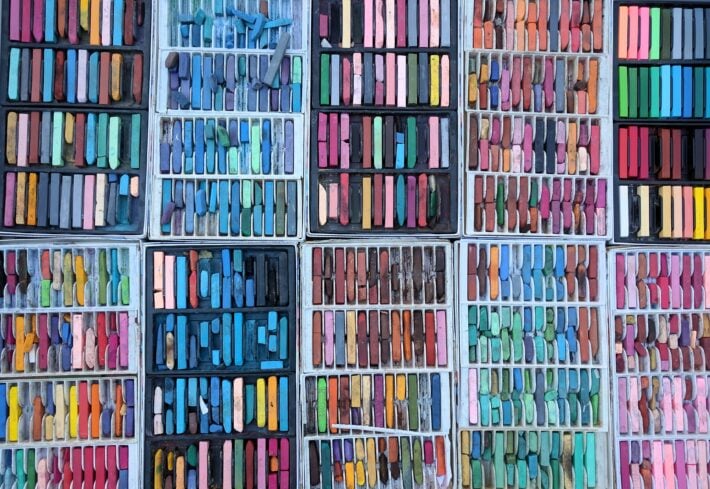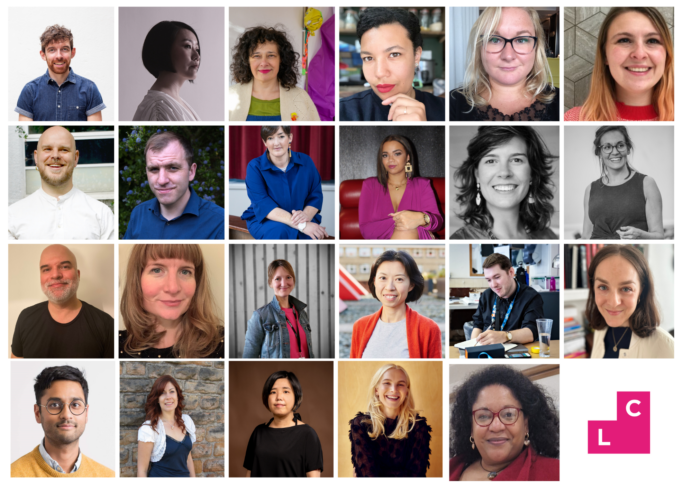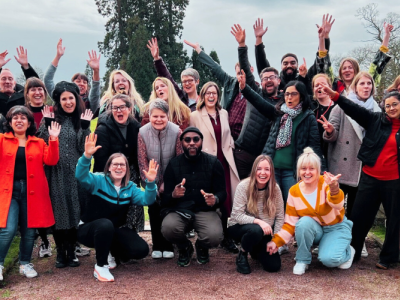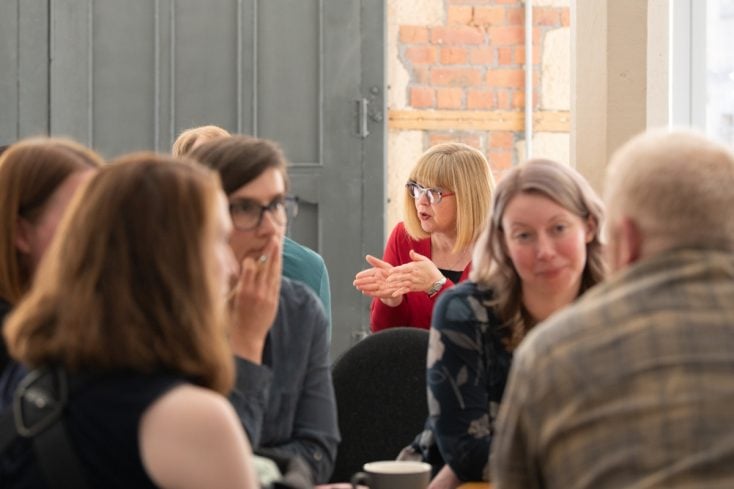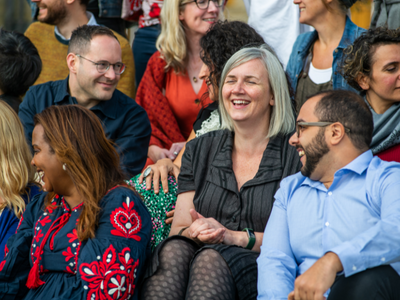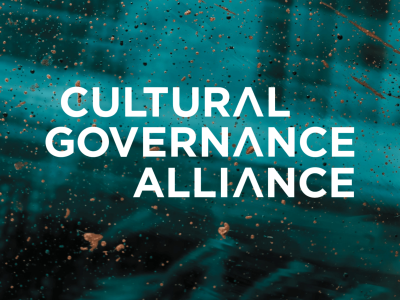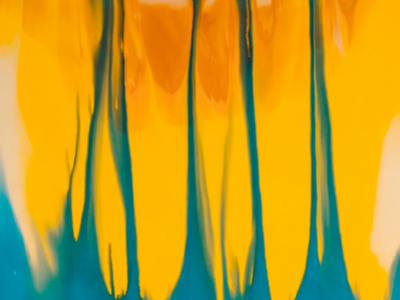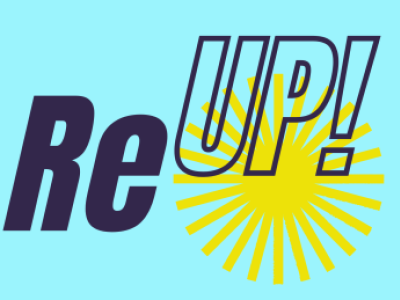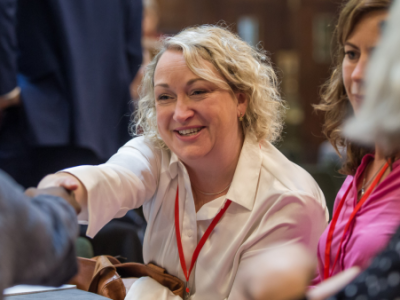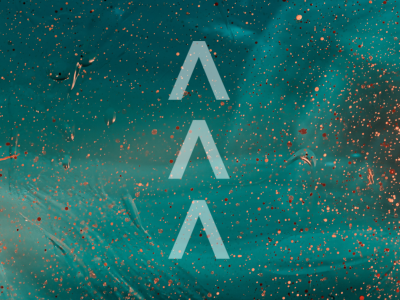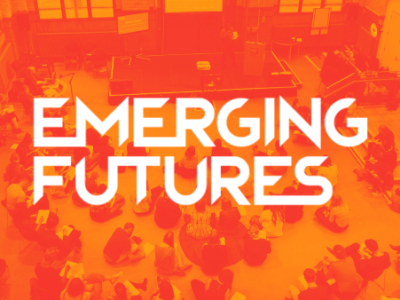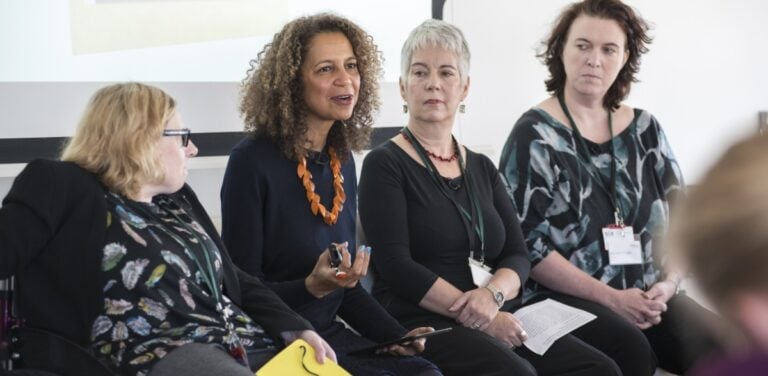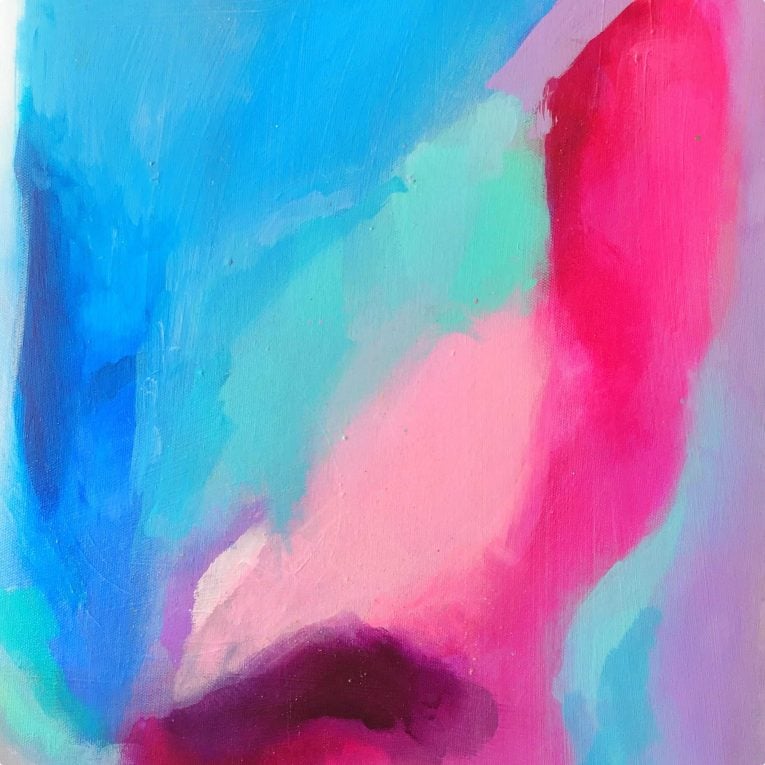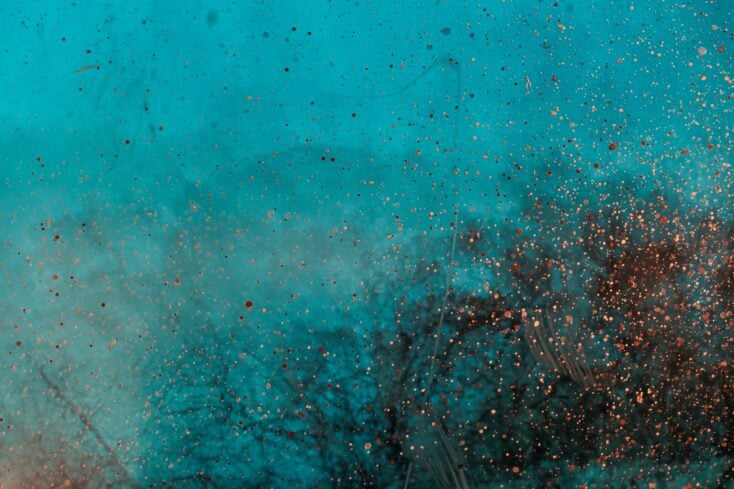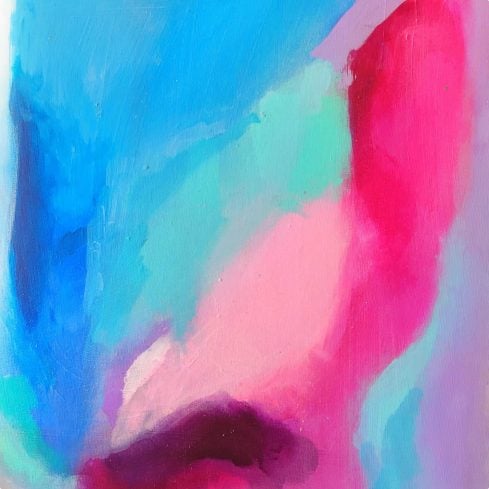Creating BASA Debut Online: Bringing together South Africa’s artpreneurs
Clore 16 Fellow Tumy Motsoatsoe has worked to create an inclusive and accessible platform showcasing young emerging creatives and their creative business ventures across South Africa. Here she talks about the project came about and how they adapted through the pandemic.
The Debut Programme, an initiative of the Department of Sport, Arts and Culture (DSAC) and Business and Arts South Africa (BASA) seeks to develop emerging artists to launch their artistic talents as viable creative ventures. The programme sets out to transfer enterprise development skills to a carefully selected cohort of artists from rural and peri-urban areas in all nine provinces of South Africa. It is also a dynamic space that aims to inspire the participants to become resourceful, opportunistic, agile, and sustainable “artrepreneurs” who can make a profitable livelihood from their artistic talent.
The three main areas that the programme seeks to address are the following:
- The arts and crafts are not seen as financially viable careers
- Art sector is relatively underdeveloped in South Africa
- High rates of youth unemployment in South Africa
Using an asset-based approach, the Debut Programme focuses on the participant as an individual, as an artist and as an entrepreneur. Split into three phases namely: Kickstarter, Hlanganisa (putting things together) and the Catalyst Phase, the programme includes immersive workshops, funding, individual and group mentorship, as well as networking opportunities.
Working with a vibrant team of young and diverse facilitators as well as provincial liaisons, BASA aims to create a space where artists can become more self-aware, aware of the opportunities in their communities and the global economy, and become opportunistic in how they pursue their ventures.
Due to the COVID-19 pandemic, the second iteration of the programme (launched in 2020), has taken place completely online, and with most of the participants having limited access to a stable network and relevant equipment such as laptops or computers, the roll-out of the programme has taken place primarily on WhatsApp and Zoom with BASA providing data support to all participants. Moreover, what became a core output of the second phase of the Programme, was the development of a website, as a way to build their digital literacy/ skills and to offer them an opportunity to launch their businesses online. This is how Debut Online was born.
Debut Online is the culmination of the first and second phase of the Programme, which saw 120 participants (also known as “artpreneurs”, launching and showcasing their creative business ventures online in November 2021. Supported by Yoco, an African technology company that provides financial skills and tools for entrepreneurs to grow and run their businesses better, Debut Online is also a platform on which the participants have officially taken their products to market.
Personally, I am truly proud of what we were able to co-create with these dynamic participants. These are the change-makers we have been looking for, catalysts and champions who are contributing to the broader economy and changing the narrative about the value and viability of the creative sector.
When the COVID-19 pandemic happened: it disrupted the flow and plans, forcing us to rethink the entire rollout of the programme as all in-person activities and events were cancelled. And while it also accelerated new ways of working and learning, it was truly challenging running a programme with 450 participants virtually. The biggest challenge was the issue of access as most participants have limited internet connectivity, limited access to digital skills and the high cost of data in South Africa. While data subsidies were offered for most activities, this was not always sufficient as the activities included extensive research, online discussions and attendance of online engagements.
Their other challenges include: retention of participants especially as most of them were navigating their own work/life demands, access to child care and varying mental health issues. Inclusion also became a challenge because of the vast differences in cultures, socio-economic backgrounds, learning styles, art disciplines etc.
From a team perspective, we were constantly forced to innovate around the scheduling of sessions, the pitching & packaging of the content, finding creative ways balancing the business and the art as well as incorporating moments for joy, rest, connection and inspiration in the midst of all the despair.
One of the biggest take-aways from my Clore Leadership journey has been around programme design and learning about key ingredients that make it truly accessible, inclusive and diverse. This has become a core part of my work. I have become more aware of barriers that make it hard for people to fully engage/participate/belong and feel equally inspired by the different strategies that I learned around ways in which we can drive meaningful engagement/participation and belonging. I have maintained a curiosity around the co-creation of these programmes with the targeted audiences in an effort to achieve mutual benefit and relevance.
The second thing has to be access to a coach or coaching strategies that one can use to facilitate learning, growth and development in both the personal and professional spaces. Coaching has particularly given me tools and resources to lead more effectively, especially when working remotely and/or with a large team. Being able to create an enabling space for autonomy, agency, community and independence has liberated me and offered me a chance to learn from others. It has also transformed my language/vocabulary which truly shaped my relationships, including with myself.
Lastly, and this was through my engagements with my secondment hosts, I have also been exposed to a diverse range of specialists in the creative sector who have inspired and challenged me to think more broadly. In this iteration of the programme, we challenged the participants to look beyond their local communities and countries, which impacted their ideas, solutions and ultimately their ventures, in the most nuanced ways. Using digital technologies and tools, we were intentional about cultivating an international approach to business practice, audience engagement and communication and I am proud to see some of them already engaging with partners and customers beyond South Africa.
My biggest leadership learning has to be the fact that I can draw from who I truly am. That all the clues or guidance I am looking for, are in my history, my values and my identity. With this understanding, my role as a leader is to create an enabling space for the people I work with and for, to actualise this for themselves.
If I could give one piece of advice to others, it would be to radically accept what you are genuinely drawn to because that is the greatest point of departure about your true purpose and joy!
